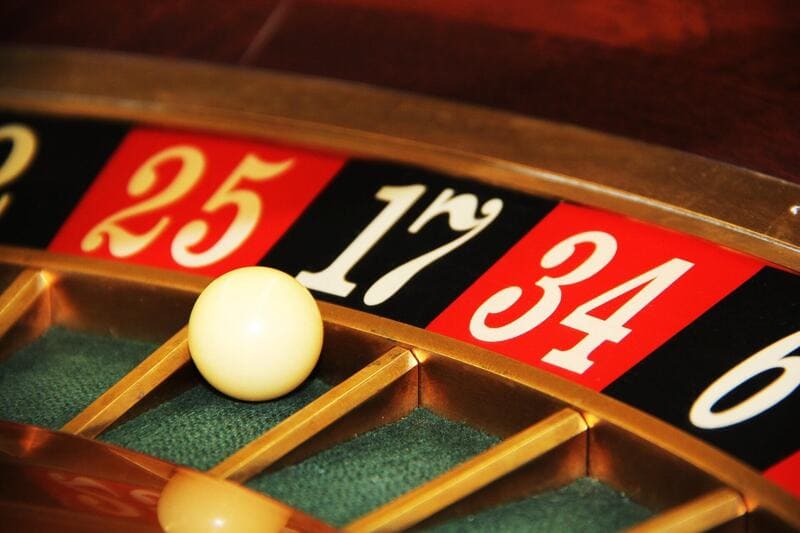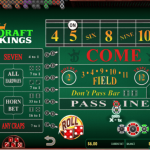Roulette is a simple game of chance where a ball hits numbered sections on a wheel. Players place chips on the numbered table layout to make bets on which numbers or colours will come up.
The first step in playing roulette is to set a budget for your bankroll. This will help you avoid getting carried away and spending more than you can afford to lose.
Rules
Roulette is a game of chance that offers an intense mix of suspense and thrill. It’s easy to get lost in the complexities of this popular casino game, so you should take your time to understand the rules before playing. Essentially, you place chips on the numbered table layout to make bets on either inside or outside numbers and colors. The ball then whizzes around the wheel until it comes to rest on a number and you win or lose.
Inside bets cover a smaller portion of the betting table and are known for their higher payouts but lower chances of winning. Outside bets, on the other hand, cover larger sections and offer lower payouts but a much better chance of winning. These bets include the red/black, odd/even and dozens.
Variations
Roulette is one of the few casino games that offers a wide variety of betting options. Players can choose from the standard red and black bets, or they can make broader outside bets such as odd or even. They can also bet on specific numbers or big groups of numbers, such as 4, 14, 24, and 34.
These bets offer a lower payout when winning, but they are much more likely to hit than inside bets. They are also good for newcomers to the game who want to lower their risk and stick to a more conservative strategy. Lastly, you can make a dozens bet, which covers 12 of the numbers on the board. It pays out at 2/1. This bet is a great way to increase your chances of winning at roulette without risking too much money.
Bets
Stakes in roulette vary, and players are advised to use their money wisely. Generally, players should limit their final Return on Investment to 15% or 20% of the initial bankroll. It is also important to avoid making emotional decisions at the table. If you are frustrated, try to calm down or walk away from the game.
The payout for a roulette bet is usually presented as a ratio, such as 35:1. This means that if you bet $1, you will win $35. Inside bets, on the other hand, have a lower probability of winning but higher payouts. They are also less risky. These bets are based on specific numbers or groups of numbers, such as red or black, odd or even, and dozens or columns.
Payouts
As with any casino game, it’s important to set a bankroll and play responsibly. This will help you avoid losing more money than you can afford to lose. The best way to do this is by setting a loss limit before you start playing.
Players can place “inside” and “outside” bets in roulette. Inside bets are placed on specific numbers and pay out based on their probability. Outside bets, on the other hand, cover a larger group of numbers based on their location on the table. The payout odds for each type of bet are listed on the table and it is up to each player to properly place their chips on the layout.
After the ball has come to rest, the dealer will clear the losing wagers and then pay all winners. Once the winning wagers are paid, new bets can be made.
Strategy
Roulette is a game of chance, but you can improve your chances by practicing a betting strategy. Choose a strategy that fits your play style, bankroll, and risk comfort level. Regardless of your strategy, you should always be aware that profits are not guaranteed. Set a profit limit before you start playing, and make sure to stick to it. You can even write your goals down on a piece of paper to hold yourself more accountable, or ask a friend to keep tabs on you.
One popular roulette strategy is the reverse Martingale system, which doubles your bet after every loss and resets after a win. This system is less aggressive than the original and allows you to stay in control of your bankroll.

